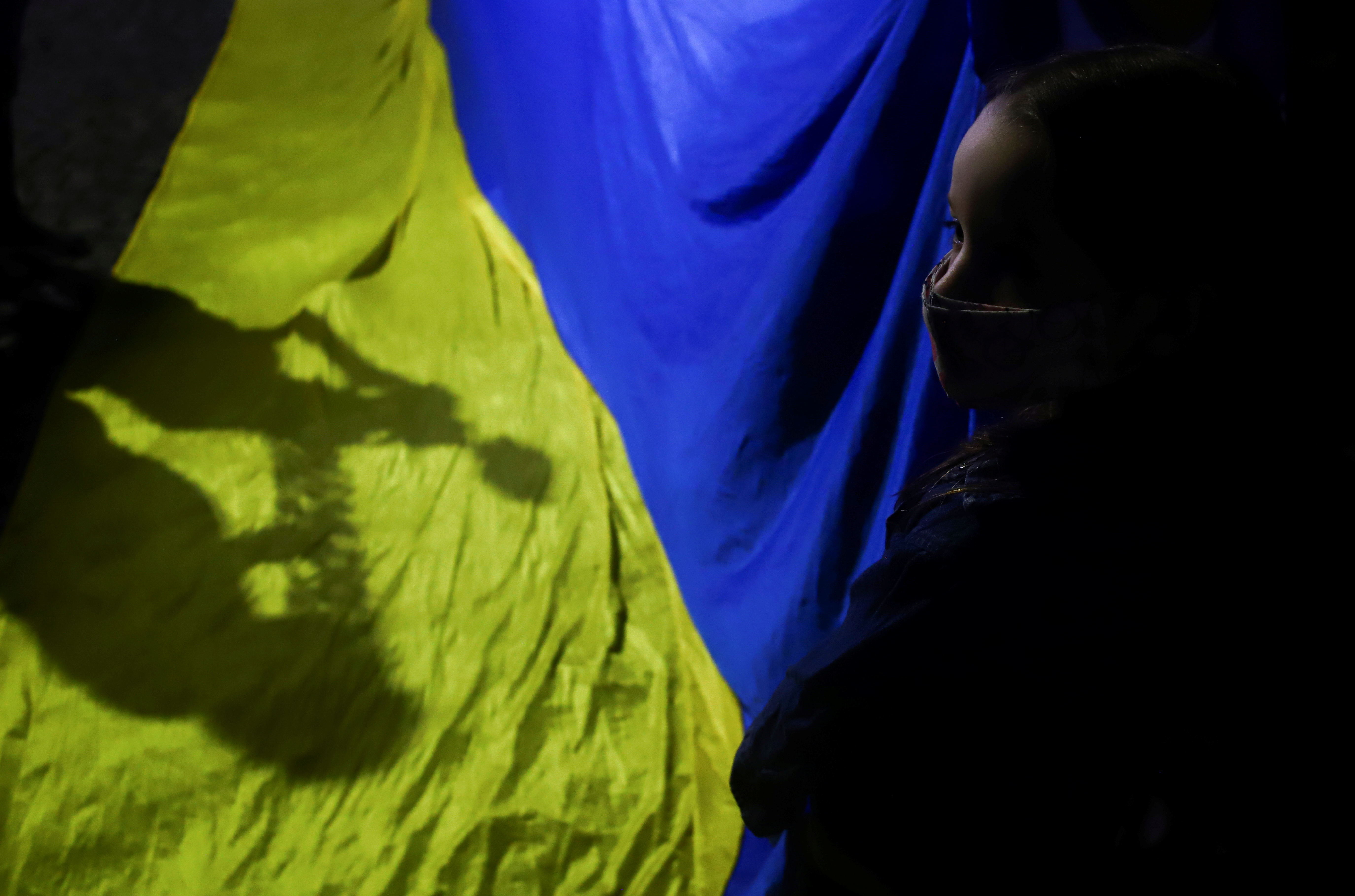The United States has leveled allegations against Russia, accusing the nation of financing a widespread disinformation campaign that spans across Latin America. The campaign is purportedly designed to disseminate propaganda and fake news to influence public opinion in the region, with the ultimate aim of undermining support for Ukraine and fueling anti-U.S. and anti-NATO sentiments. This latest claim by the U.S. is part of its ongoing efforts to counteract Russia’s alleged use of disinformation to advance its foreign policy objectives.

The Kremlin’s Strategy in Latin America
According to a statement issued by the U.S. State Department, the Kremlin’s overarching strategy in Latin America involves “laundering” its propaganda and disinformation through local media outlets, creating an appearance of organic content tailored to Latin American audiences. The statement underscores the U.S. government’s concerns about the influence of Russian disinformation in the region, and it emphasizes the need to raise awareness about the manipulative tactics employed by Russia.
Key Players and Targets of the Disinformation Campaign
The U.S. State Department’s statement identifies three key Russian organizations involved in orchestrating the “information manipulation campaign”: The Social Design Agency (SDA), the Institute for Internet Development, and Structura. These entities are referred to as “influence-for-hire” firms and are alleged to have co-opted local media outlets and influencers in Latin America for their disinformation efforts. The European Union had previously imposed sanctions on SDA and Structura in July, citing their role in spreading propaganda supporting Russia’s conflict with Ukraine.
The U.S. has accused Russia of employing various tactics, such as cultivating content within Russia that is subsequently shared with selected journalists in Latin America. These journalists then review, edit, and publish the content in mass media outlets, thereby spreading the disinformation to a broader audience. The disinformation campaign is believed to be active in multiple Latin American countries, including Argentina, Bolivia, Chile, Colombia, Cuba, Mexico, Venezuela, Brazil, Ecuador, Panama, Paraguay, Peru, and Uruguay.
What Did the Russian Embassy Say?
Two prominent online Spanish-language news outlets, Pressenza and El Ciudadano, were singled out as primary platforms for disseminating the disinformation material. Pressenza, established in Milan, Italy, in 2009 and registered in Ecuador since 2014, and Chile-based El Ciudadano are among the media outlets accused of carrying the content created by Russian teams.
The Russian embassy has yet to respond to the U.S. State Department’s allegations. Similarly, officials at the identified news outlets, Pressenza and El Ciudadano, have not issued responses to the accusations.

The U.S. government’s efforts to counteract the influence of Russian disinformation in Latin America highlight its commitment to addressing the use of propaganda and fake news to shape public opinion and undermine democratic processes in the region. This latest statement underscores the need for vigilance and transparency in the face of disinformation campaigns designed to manipulate public sentiment.